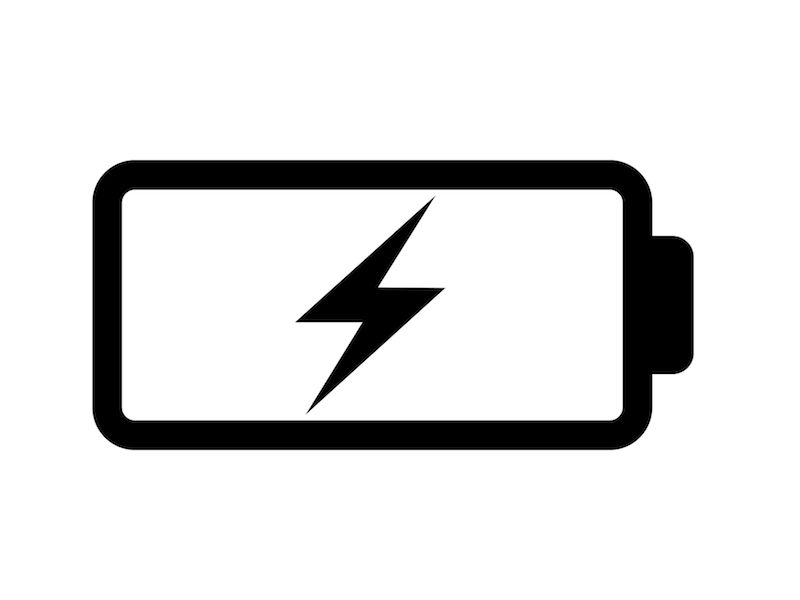
Worrying about losing battery power is something you shouldn’t have to do with rechargeable hearing aids, but when you depend on this technology, it may make you a little anxious. Do rechargeable hearing aids work, and do they work as well as marketed?
The stress is reasonable and so are the question you might have. A hearing aid is often as necessary for the enjoyment of a television show or a movie as it is for a trip to the supermarket or any other part of day to day life. When a piece of technology affects so many aspects of your life, it’s essential that it work properly and dependably.
How Do I Know What Kind of Battery I Have?
By default, most modern-day hearing aids come with rechargeable batteries, so it’s likely if you bought your hearing aids recently, it has one of two types of batteries. Silver-zinc batteries, which can usually be identified by a battery door on the device, are rechargeable, but every now and then they have to be replaced. A Lithium-ion battery, however, will not have a battery door because the batteries will last as long as the hearing aid does.
How to Care For Your Rechargeable Hearing Aid
For the most part, rechargeable hearing aids do work, and they work well. The dependability of these devices has enhanced dramatically in the last several years, as battery technologies have improved. As it is with any other electronic device, however, there are some easy maintenance steps that users can practice to improve the dependability of their rechargeable hearing aids.
- Be Mindful of Wires: Either the hearing aid itself or the charging station will have some kind of wire element on most hearing aids. Being mindful of these wires is crucial for hearing aid users; do not pull or hold your device by these wires as this will damage the connections that allow your hearing aid to charge.
- The Charging Station is Where Your Hearing Aids Should be Stored: If your hearing aids have rechargeable batteries, you can extend your device’s battery life by ensuring that you regularly store your hearing aids on their charging station. Charging a battery that is not fully drained does not reduce the long term life of your battery. As a matter of fact, making sure that your hearing aids are charging when not in use can actually maximize your long-term battery life. A convenient reminder, for many people, to charge their device when it’s not in use, is to place the charging station on a table beside their bed.
- Keep Your Hearing Aids Clean and Dry: No matter how often you use or do not use your hearing aids, they have ample opportunity to accumulate dust, debris, and moisture. Your hearing aid may not completely charge if it is subjected to any of these three elements. When connecting your hearing aid to your charging station, as with any other time, it’s crucial to keep your device clean.
How to Change a Rechargeable Battery
Lithium-ion batteries will normally last the lifespan of your device. So replacing those batteries shouldn’t be something you ever have to be concerned about. Simply keep recharging your hearing aids as long as necessary.
Hearing aids that depend on silver-zinc batteries, however, may require new batteries occasionally. The lifespan of your battery can be improved by replacing them in the right way. Because of this, hearing experts recommend the following:
- Remember to wash your hands before changing your hearing aid batteries.
- Until you’re ready to use the batteries, don’t remove the plastic tabs or packaging.
- Make sure you have a dry, room temperature spot to store your batteries.
- Five minutes before taking off any tabs that might be attached let the batteries sit at room temperature.
- Confirm that your battery compartment is free of moisture and clean.
Long Periods of Non-Use
Leaving your hearing aids on the charger for extended periods of time is no longer the way to store your hearing aids. If, for example, you know that you won’t be wearing your hearing aids for several weeks or months, you can simply disconnect the charger and put your hearing aids in a cool and dry spot.
If your hearing aids utilize silver-zinc batteries, you may also think about leaving the battery door open so that you can prevent moisture from corroding your batteries.
Keep it Charged Every Day
For most individuals, and for day to day use, charging your hearing aids once a day should be sufficient for all of your needs. To get 24 hours worth of battery life with a lithium-ion battery will usually only require 3-4 hours per day.
Do rechargeable hearing aids work? They don’t just work, they are becoming more common all the time. Contact your local hearing aid retailer to see all the different models
